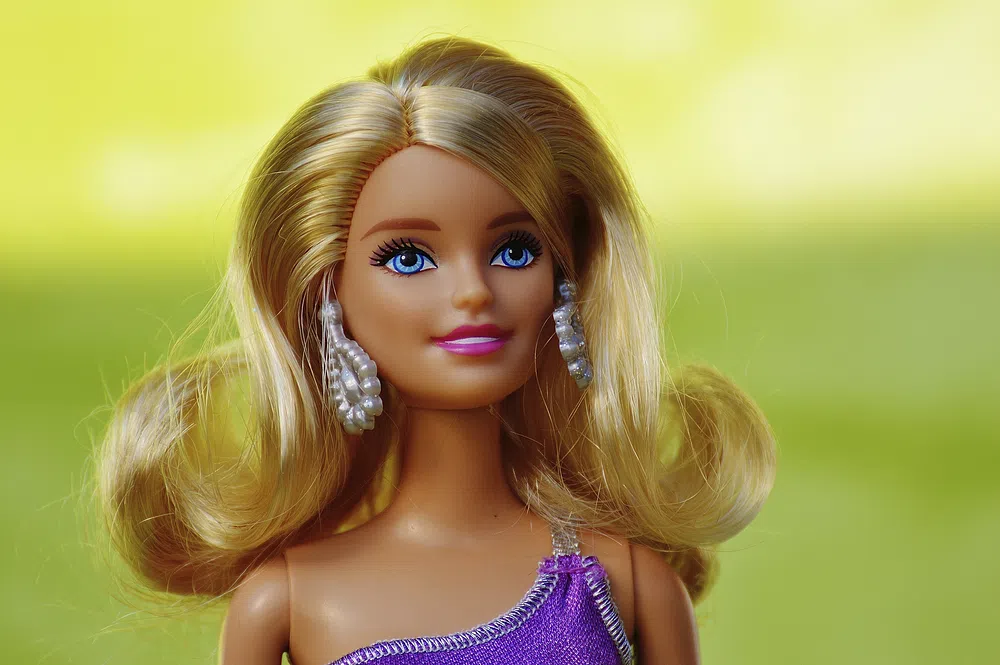“Yeah, I liked it, I just wasn’t expecting it to be so political” declared my (female) friend as we discussed Greta Gerwig’s record-breaking comedy. This was over text, but I like to imagine that silence, or perhaps a retort, would have followed this comment if it had been a conversation between us all in real time.
Because seriously? Even the many Barbie-related TikToks I have seen highlight that yes, the film does touch on the existence of the patriarchy, on the impossible standards women must face every day, and on the complexities involved in resolving these issues, while ensuring all feel seen and benefit from feminism. But, it could easily have been far more radical. The very fact that one of my friends thought Barbie did so much, when it effectively just conceded that sexism exists, is shocking. This is not to say that Barbie should have attempted to deal with more than it did, though. In fact, Gerwig did an incredible job in dealing with a very difficult task, and the film should instead act as a stepping stone towards real change — change that so badly needs to occur.
Barbie’s image as a fun, pink toy for girls is also one that many have seen as anti-feminist in her male gaze-conforming, stereotypically beautiful construction. But this actually makes dismantling this iconic doll an excellent place to start; the world she occupies, and Barbie herself, appear as perfect and effortless, partly because she is beautiful and knows it. Yet, Barbie’s journey to the real world is in fact a path to painful discovery of the patriarchy while she had believed sexism was solved. The point is that she immediately runs up against walls while men catcall and assault her in the street. As a woman, she feels uncomfortable in her skin. She is not perfect, the world does not treat her better for looking the way she does, and the same would go for the other Barbies, because sexism is everywhere. Taking a doll formerly seen as unrealistically perfect (and thus anti-feminist) and using her to underline reality is an impactful decision, and it works so well. It shocks people, and that is what we need.
And still, the film remains fun and humorous while dealing with the hardships of womanhood, of motherhood, and of raising awareness of, and attempting to solve, these issues while giving voice and space and opportunity to everyone. By the end of the film, there is acknowledgement that sexism does in fact exist and there are optimistic steps to be taken.
Perhaps making the film more ‘radical’ would have been too mean a feat, and instead Barbie serves as a realisation that more needs to be done. There are gaps to be filled; I have read complaints about a lack of intersectionality, ignorance of rape and sexual assault, and too much comedy (the obsession with ‘I’m Just Ken’ distract from the message and instead draw attention to the men). But this film cannot do everything. I would have appreciated a jarring, painful watch — statistics and the shocking revelations we all need to acknowledge. The fact that Barbie, in merely drawing attention to sexism, has sparked controversy amongst critics — many of whom are men — is painful, claiming they can’t deal with the ‘misandry’. What misandry? The facts? What if Helen Mirren informed us that one in thirty women are raped every year? That 99% of rape cases in the UK go unconvicted? What if, God forbid, black feminists spoke of the misogynoir they face? Admitting that real issues do exist seems too much to so many people, so they hide from it. It is an understandable response: flight. But it should no longer be allowed as an option.



